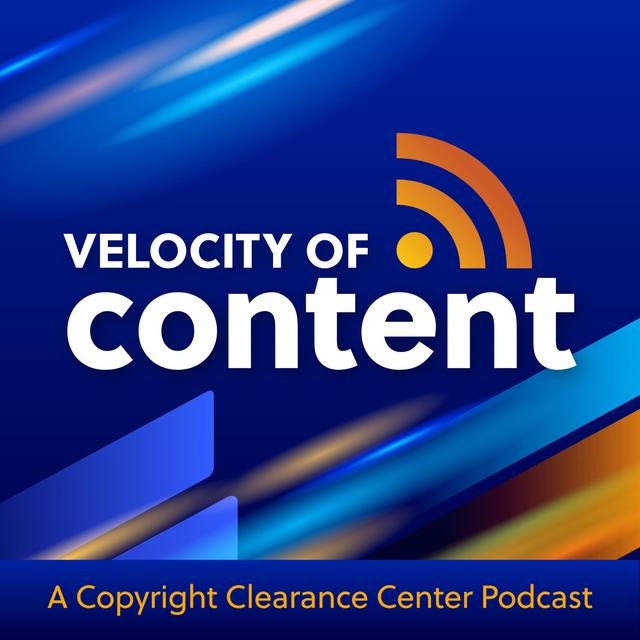Book Business Top Stories for 2023
Last year, publishers debated the impact of AI and fought book bans in US schools and libraries.


Last year, publishers debated the impact of AI and fought book bans in US schools and libraries.
What if machines can be taught to think just as we do?
Scholarly publishers and service providers are pulling and pushing at traditions, opening doors, and introducing innovations.
We must not take for granted how critical these media activities are to the joy of celebrating our humanity and to the responsibility of sustaining our freedom.
Amazon has asked a federal judge to reject an FTC antitrust suit.
Critically for Richard Charkin, the title verso is where to find who is the copyright holder.
AAP responded to tech industry assertions that respect for copyright is an obstacle to their innovation by labeling that as, “nonsense."
Books remain a dominant format, though reading and discussing stories, as well as the IP generated from books, have become integrated in consumers’ experiences and on publishers’ spreadsheets.
In Iowa, the ACLU and Lambda Legal are challenging a state law that critics say seeks to silence LGBTQ+ students and bans books with sexual or LGBTQ+ content.
In the rapidly developing world of AI uses and discussions, copyright issues are key.
“A good coach can change a game,” said UCLA’s John Wooden. “A great coach can change a life.”
Michael Pietsch will retire as Hachette US CEO and has been named chairman.
Since 1787, US copyright law has raced to keep up with innovation and change.
Authors and agents ask whether streaming audiobooks will devalue reading and harm book buying.
Recorded at Copyright & Technology Conference 2023
KDP authors can now choose from a selection of AI-generated narrators to create a machine-generated audiobook.
At the 2023 Frankfurt Book Fair last week, the halls were alive with the sounds of AI.
Scholastic’s Ellie Berger pledged to get a greater range of books into the hands of children.
Since 2012, the John Maddox Prize has recognized individuals who stand up for science and advance public discussions around challenging topics.
Scholastic has found itself on the defensive over an optional collection of diverse titles at its book fairs.
AI is building a strong presence in the scholarly publishing industry, creating opportunities and dilemmas that pose important ethical questions.
Tracie D. Hall was a prominent spokesperson for the freedom to read, well-known for her mantra “free people read freely.”
In the rapidly developing world of AI uses and discussions, copyright issues are key.
On Tuesday in New York, Spotify announced an ambitious program to add audiobooks to its digital audio platform.
Nadim Sadek entwines the histories of AI and book publishing to make his case that AI technologies can complement, and not necessarily replace, human authors, editors, and publishers.
Markus Dohle assured the industry that AI will not prove the death of publishing.
Higher education institutions have led research on sustainability for many decades. Now, they are applying that same academic rigor to understand the environmental and social impact of their own operations and outputs.
“The rise in unique titles challenged is indicative of the rise in organized political groups creating and sharing lists of objectionable books,” Andrew Albanese explains.
“We need to work on AI literacy in education,” says Prof. Mairéad Pratschke.
Concerns continue to grow over how artificial intelligence may impact authors and creators.